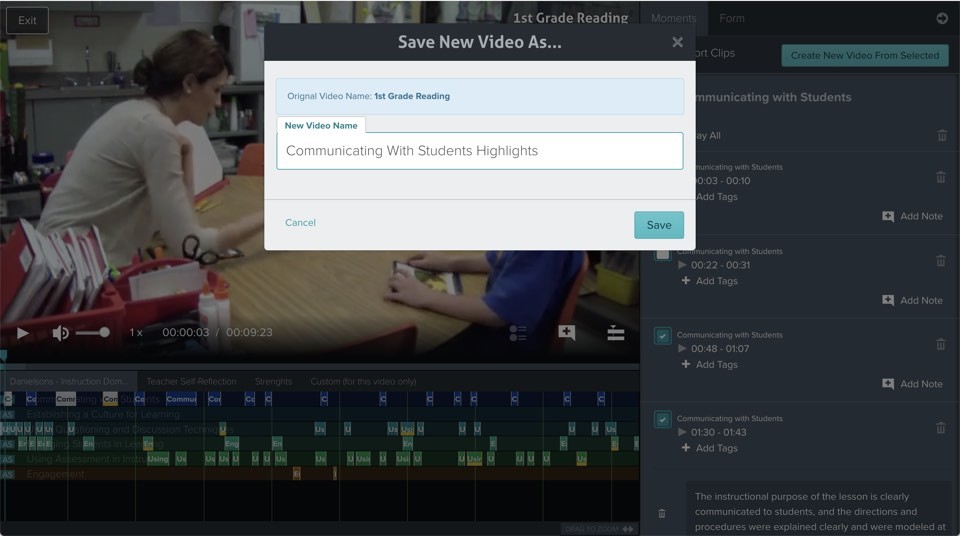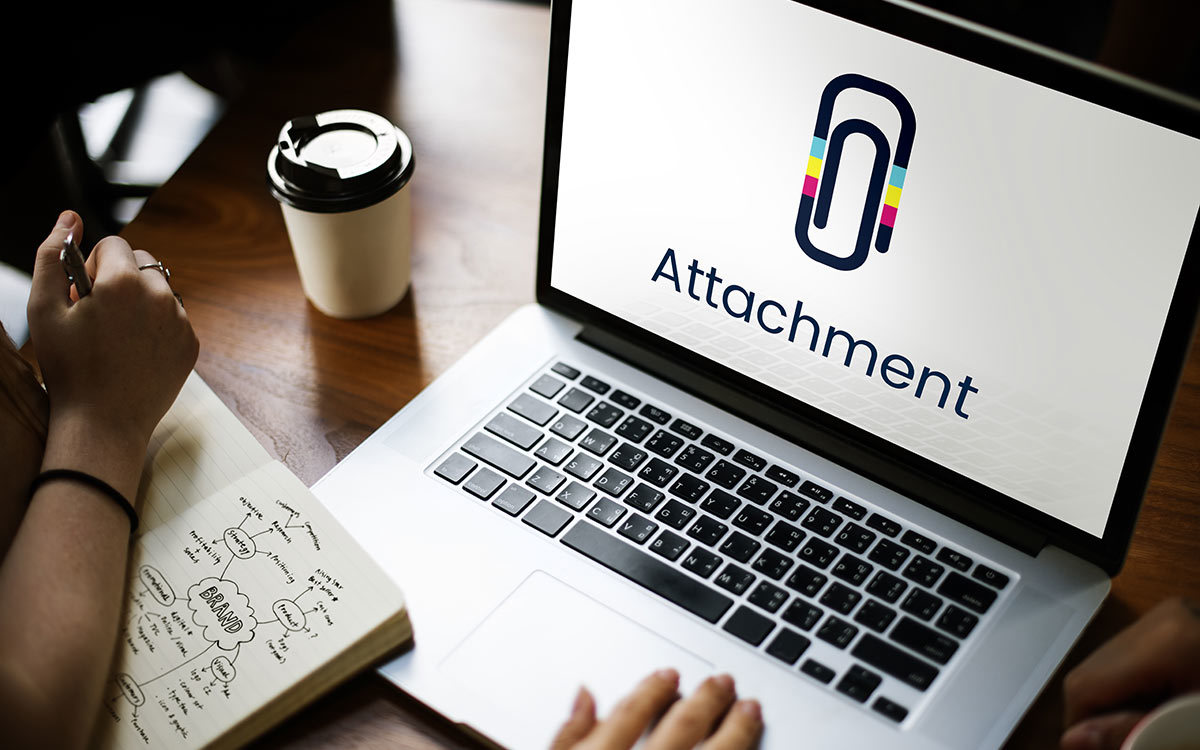Educators experience an increasing level of responsibilities, yet their access to funding and essential resources is continually declining. Other career fields prioritize the potential benefits of continuous personal development. However, methods of promoting personal development in education tend to be inefficient, and seldom identify specific professional needs. These challenges are pushing teachers to find inventive ways to continue to grow professionally.
One of the most potentially beneficial methods of personal and professional development is peer review. Though many schools conduct student evaluation of teachers, these reviews may not always provide the most relevant insight. Instead of teachers relying solely on student feedback or their own perception of how they’re performing, peer feedback “promotes teachers learning from each other.” Research shows that peer review helps foster a sense of community and trust among peers (Cassada & Kassner, 2017).

Peer review also enables individuals to overcome feelings of vulnerability and anxiety related to criticism. Teachers have reported being more comfortable and confident in their ability to communicate with their students, as well as noticing an increased potential to improve (Allam, Davis & Pembridge, 2015). This often leads to a renewed sense of pride and enthusiasm for teaching.
However, feedback isn’t always easily accessible for educators. With conflicting class schedules and demanding workloads, it’s difficult for teachers to find time to attend and observe another class and provide meaningful feedback. Plus, the physical presence of an onlooker may cause a shift in the normal behavior of both the teacher and their students, leading to inaccurate data and subsequently less valuable feedback.
Technology presents a creative, cost-effective solution to drawbacks in personal development via peer review. By recording themselves in the classroom, teachers can view and share videos, as well as solicit feedback from other professionals. This method enables peers to “take time to more deeply study and analyze an instructional moment” (Cassada & Kassner, 2017). It also allows teachers to go about their lessons without the added pressure of a peer in the room.
Video feedback platforms like Vosaic encourage teachers to view their classroom from an entirely objective perspective and evolve how they connect with their students. Recent studies have shown that teachers who participated in peer review processes using annotated videos “significantly outranked” their counterparts who hadn’t (Allam, Davis & Pembridge, 2015). The ability to record and annotate videos assists teachers in gaining valuable feedback and new insights, which will improve the teaching and learning experience for both teachers and students.
If you'd like to see how Vosaic can help you, schedule a short demo, and sign up for a free 14 day trial.



